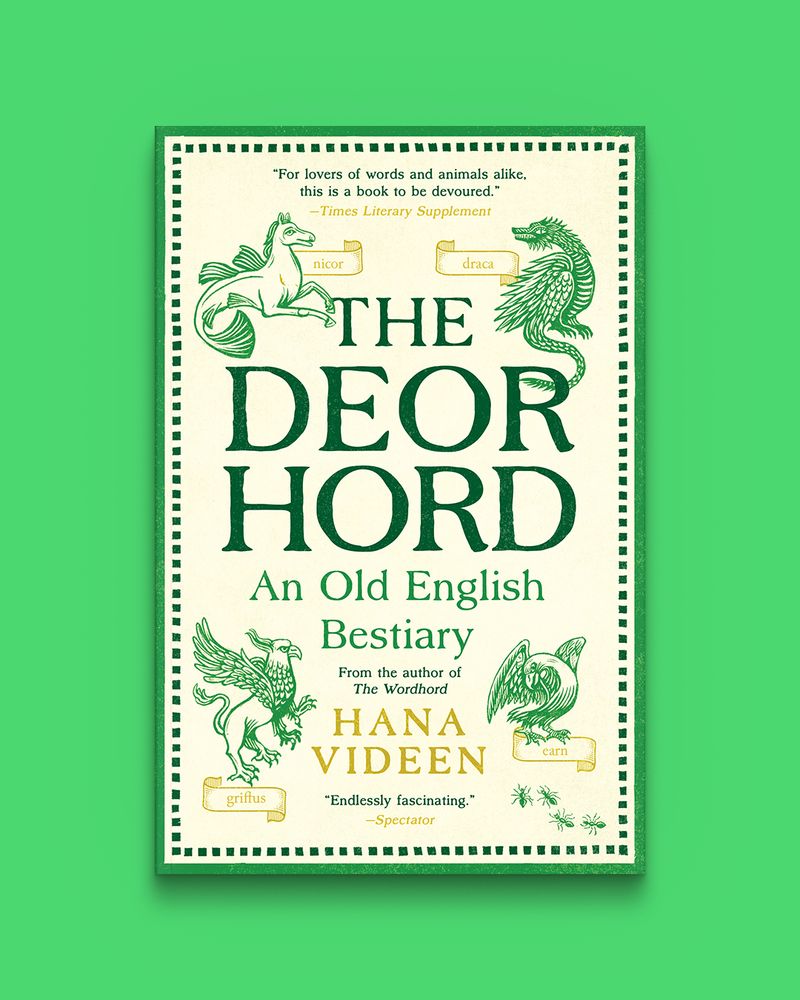Old English Wordhord
@oewordhord.bsky.social
2.6K followers
160 following
400 posts
Dr Hana Videen (she/her), author of THE WORDHORD: DAILY LIFE IN OLD ENGLISH & THE DEORHORD: AN OLD ENGLISH BESTIARY. Sharing the Old English Word of the Day since 2013.
linktr.ee/wordhord
Posts
Media
Videos
Starter Packs
Reposted by Old English Wordhord
Reposted by Old English Wordhord
















